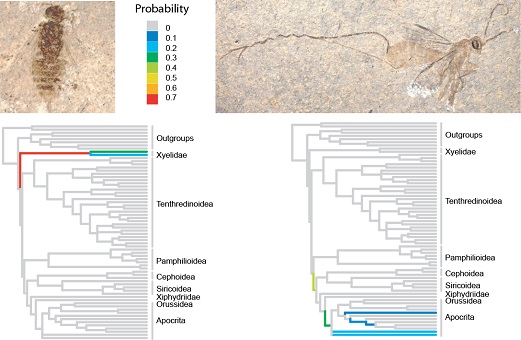Our research
We use information technology and genetic methods in our research, and we build and operate research infrastructures in support of improved knowledge of the diversity of life, the natural environment and the planet where we live.
The unit is responsible for supporting the molecularly oriented research projects at the musem and hosts a laboratory for DNA sequencing and a laboratory for the study of highly degraded DNA.
We contribute by software development and support to the museum's work on introducing a common digital web-based collection management system, and by leading the activities within the research infrastructure Swedish biodiversity data infrastructure, which includes the Swedish national node within GBIF (Global Biodiversity Information Facility), presenting data and information on our biodiversity for researchers and for the general public.



.jpg)
.jpg)






